The Oldies: The psychology of high school music nostalgia
Along with relaxing, motivating, and inciting curiosity within listeners, music from our youth brings back nostalgia and memories of such vivid experiences from then.
October 4, 2021
Whether it be Spotify Premium, Apple Music, or any other big-name streaming service, there is one thing most or all teenagers of our generation have in common: an affinity for music. In generations past, mixtapes, CD’s, and vinyl records were the way forward for young listeners to enjoy their favorite artists, albums and other beloved communicable creations of recording artists.
My initial idea for this article came about when my father posed this question in my direction: “why do we always return to the music we listened to as high school students?”
I pondered on it for a moment and half-jokingly responded with “hormones,” as significant hormonal activity occurs during teenage years. While this is partially true, there is also a more psychological reason for these occurrences. While my father is now in his forties, as a teenager and a young adult he was a proponent of late 80s-early 90s grunge rock such as Nirvana and Pearl Jam, and to this day their tracks resonate throughout the house when he plays music.
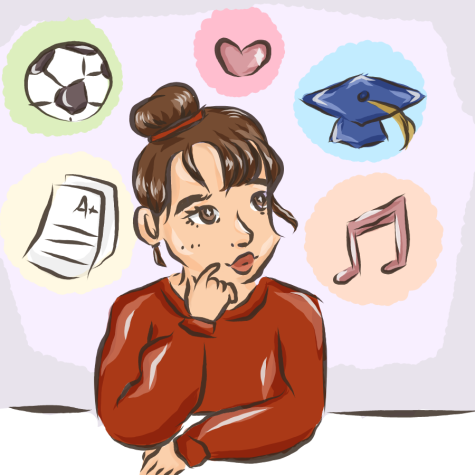
As teenagers burgeon into their identities and develop into young adults who will eventually pursue careers, raise families and undertake financial responsibility, they carry with them a time capsule of the music, memories, and emotions they associate with their formative years and experiences. In “Neural Nostalgia” by Mark Joseph Stern, psychologist Petr Janata is cited on the phenomenon known as the reminiscence bump, “a name for the phenomenon that we remember so much of our younger adult lives more vividly than other years, and these memories last well into our senescence.” Further research from the University of Leeds written in “Neural Nostalgia” provides, “The years highlighted by the reminiscence bump coincide with ‘the emergence of a stable and enduring self.’”
With this phenomenon in mind, I return to considering the typical teenage experience. In high school, we start and continue our preparations for postsecondary education and future careers. The diverse happenings of the world intertwine and extend their influences into our lives and we’re constantly urged to work accordingly to the trends and innovations brought into society. Now with the digital era, we work alongside the growing presence of online culture and how it affects ourselves and our interpersonal relationships. With all of these ever-changing factors and ideas, the music we listen to at this time and emotions we feel have a great impact on our convergence into adult life.
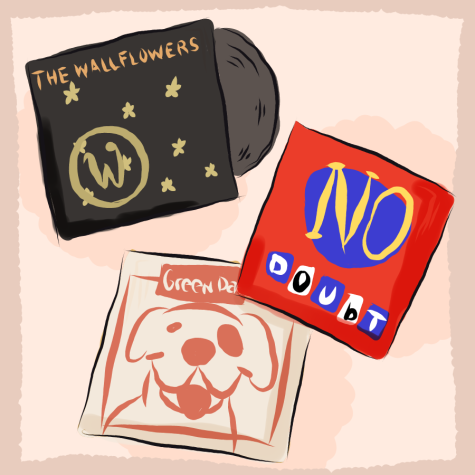
The question remains: why are we still bonded to the music encapsulated within our tiny earbuds or headphones that we listened to while studying for final exams, reminiscing about unrequited love or crushes, or kicking it with friends during our teenage years? What could this tendency mean for future generations, and how might it change with the continuation of the digital age?
I got to speak with Spencer Goad, a previous band director at my middle school, Mesa Union School in Somis. During my three years as a member of middle school band, he always taught the importance of being an enthusiastic and passionate student, friend and mentor in and out of a band ensemble. I inquired about his experiences as a music teacher and what he learned about music during his youth, the music and artists he enjoyed back then and the differences between how younger and older generations show appreciation for their favorite artists and music.
Goad emphasizes the importance of virtue, respect, and improving relationship skills in and out of his classroom. With a profound focus on self-discipline, perseverance, problem-solving and communication, he upholds a goal of teaching young people important lessons for their futures through music, stating, “these are the skills that I want my students to walk out of the classroom with and these are skills they can use in any school subject and any career they pursue.”
I also inquired about his favorite artists and the music he listened to in his youth. “I listen[ed] to Green Day, The Wallflowers, No Doubt and many other punk and rock bands of the 90s growing up. I still appreciate and love those bands today and still listen to them for fun. They remind me of this passion and exuberance that existed in the 90s.”
This reminiscence to and affinity for memorable bands of decades past and the culture that flourished during those times makes psychological sense. According to “Neural Nostalgia” the emotional imprint that great music leaves behind in marveling youth is significant, saying, “between the ages of 12 and 22, our brains undergo rapid neurological development—and the music we love during that decade seems to get wired into our lobes for good. When we make neural connections to a song, we also create a strong memory trace that becomes laden with heightened emotion.”
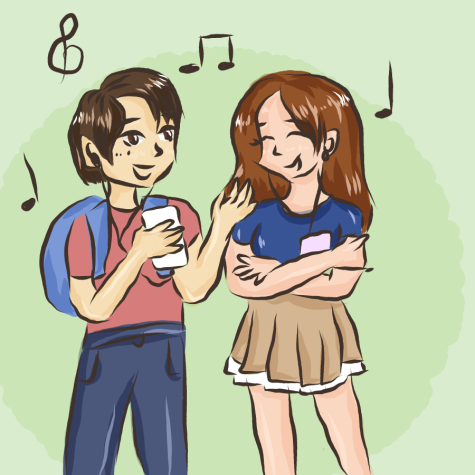
I was also interested to learn about the difference between how older and newer generations express their appreciation for their favorite music and artists. Goad spoke on the distinction, “one big difference between the two generations is that younger people seem to have less patience because of so many devices that provide on demand entertainment. I practiced a lot when I was a kid, and I just don’t think students have the patience to practice as much nowadays.” This is a significant characteristic of our veneration of pop culture, the arts and entertainment media. The drive and hunger for entertainment heightened by the use of social media not only creates an insatiable musical appetite within an artist’s audience, it also quickens the rise to stardom and celebrity status for many. Unique to our generation, this sonic love of music extends into our own pursuits, as we’re constantly inquired about what we’ll do next for our world.
As music reflects the changes happening in our greatly unpredictable world, it accompanies those on the cusp of the social, emotional and societal responsibility bestowed upon adults. For us, it truly has a special place not only in our hearts, but in our ears and minds as well— it reminds us of the people we were way back when, and the resurfacing emotions are truly a personal experience. Perhaps it’s a far cry from what we’ll hear in the future, but the memories are and always will be there.


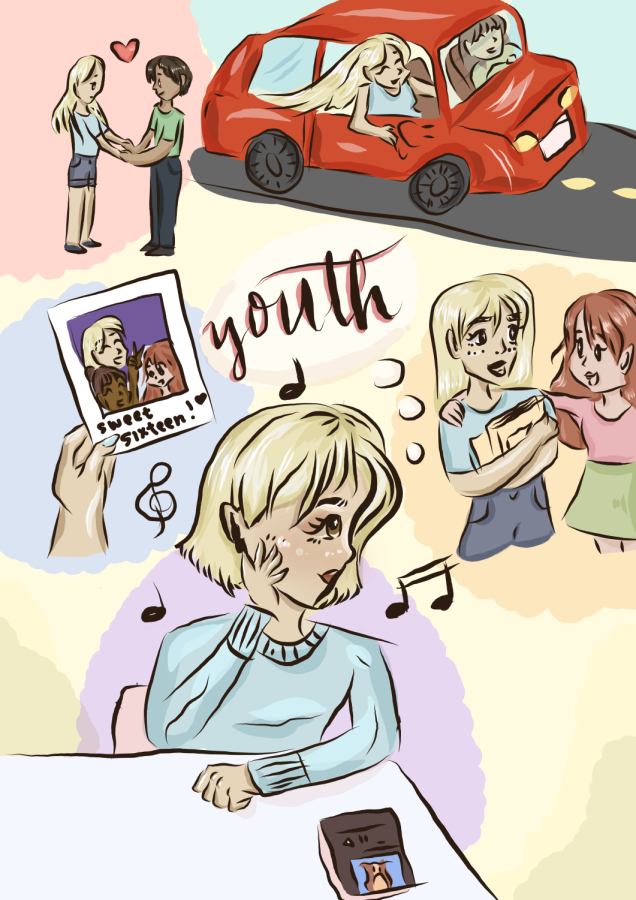





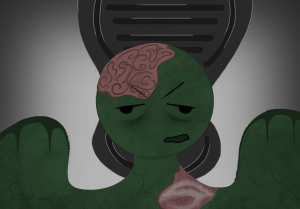


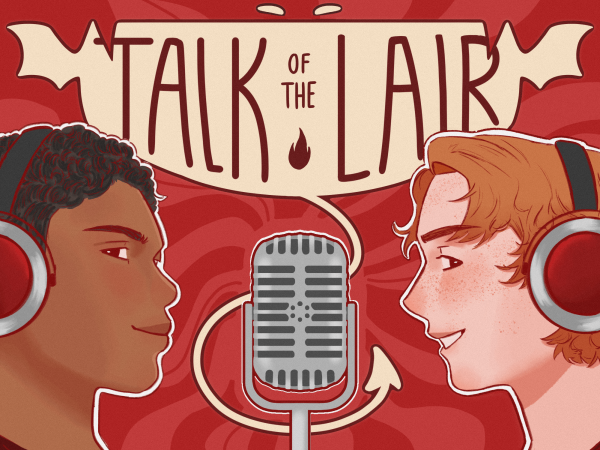




Claire • Oct 5, 2021 at 11:19 am
OMG! This is such a beautiful/well written article!